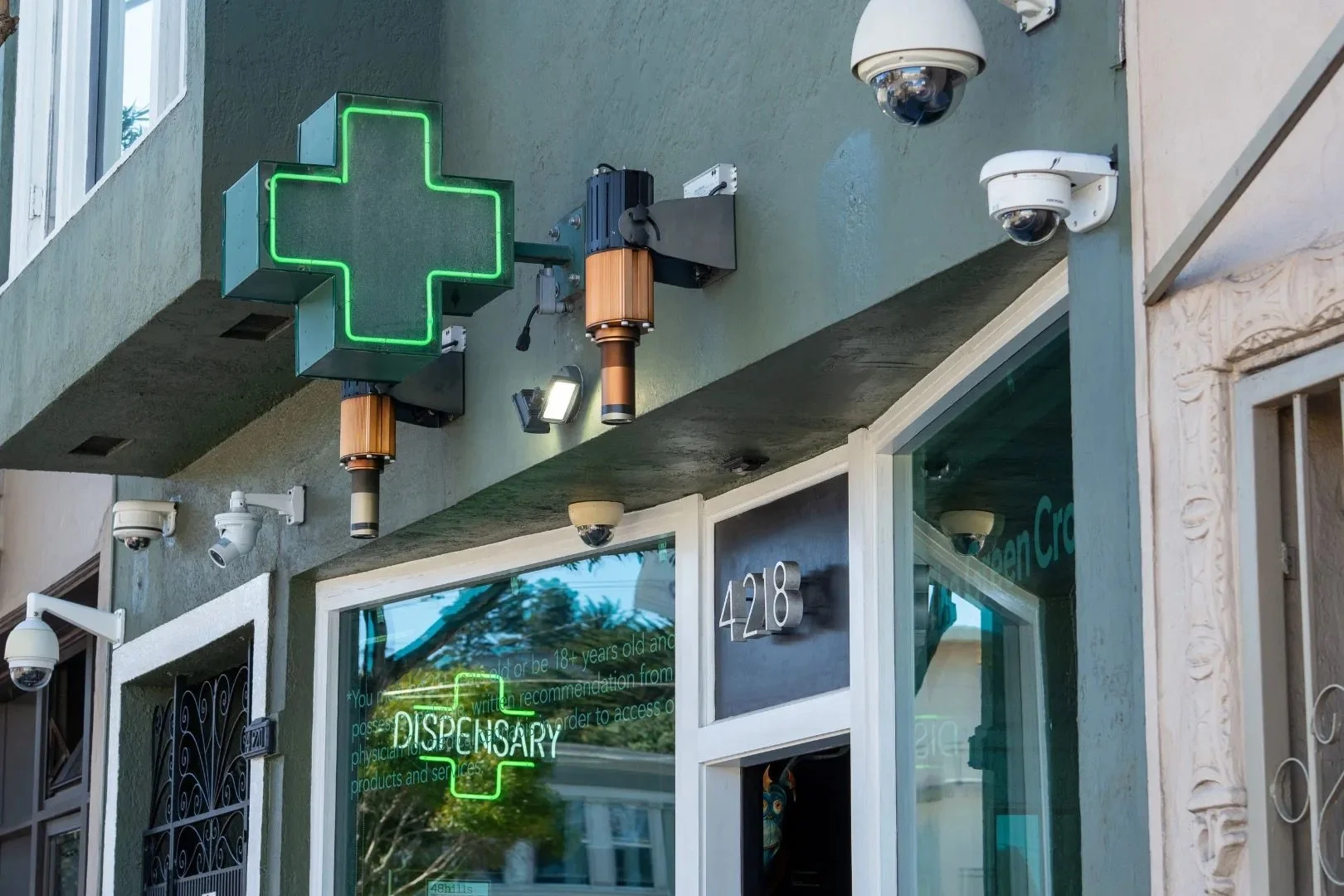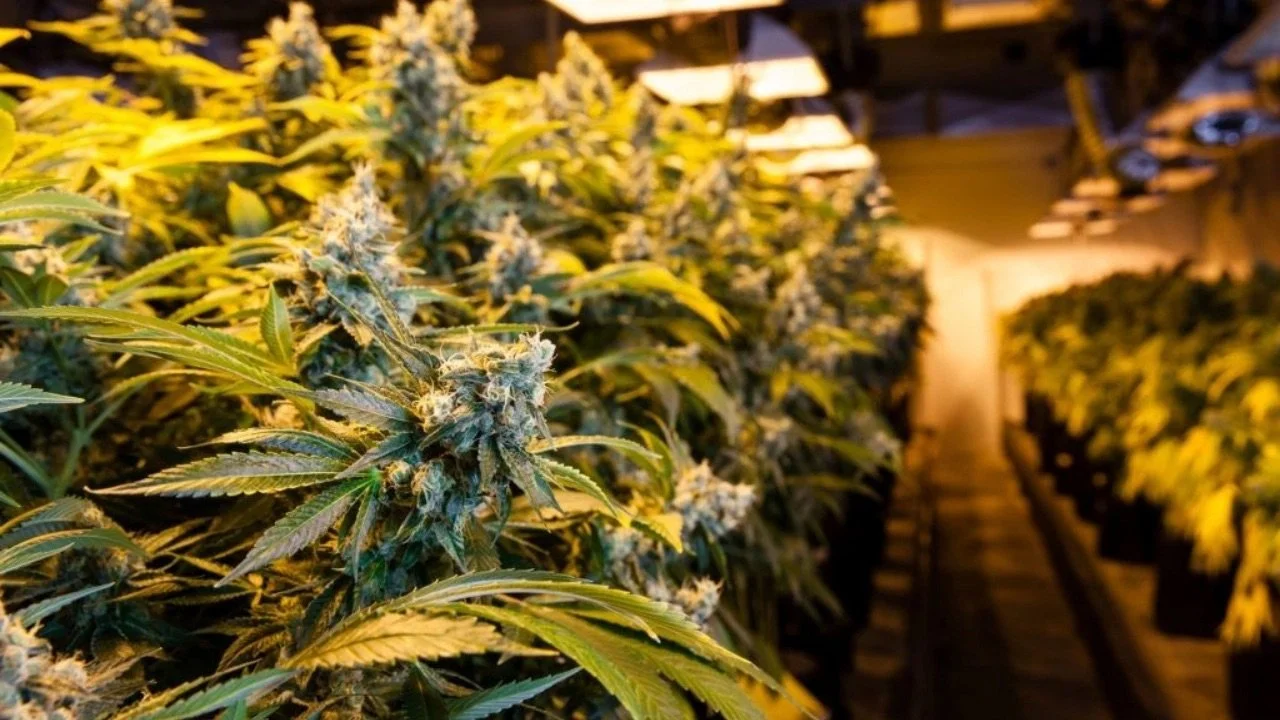New Jersey’s Cannabis Business Is Booming—But It Sure Isn’t Easy Money
When adult-use cannabis sales were legalized in New Jersey in February of 2021, it wasn’t just pot smokers who celebrated. Town leaders saw tax dollars and tenants for empty storefronts, and entrepreneurs saw a chance to get in on the ground floor of a lucrative new industry. Since then, business has indeed boomed: 219 operating licenses have been issued, and 110 dispensaries have opened in 20 of the Garden State’s 21 counties. (58 are recreational only, 12 are medical, and 40 are both.) Jeff Brown, executive director of the New Jersey Cannabis Regulatory Commission, says he expects weed sales in New Jersey to top $1 billion dollars this year. According to some estimates, at least one cannabis business will open in the Garden State every week for the next two years.
CORNERING THE MARKET
The dominance of corporate wholesalers like Ascend, Curaleaf, Columbia Care, Terrascend and Verano is the reason New Jersey has the highest prices for the lowest-quality marijuana anywhere in the country, says Chris Goldstein, an activist with the cannabis lobbying group NORML. “Prices are insane even for low-end products,” he says. “You’ll see shake, which is basically the trimmings off the floor, for $10 a gram. For that amount of money, the marijuana should clean my bathroom and shovel my snow.” High prices push consumers away from dispensaries and back to dealers, he says.
The poor quality of Garden State weed is also due to a virtual corporate monopoly, Goldstein says. Right now, there is only one non-corporate grower supplying the state’s cannabis market, Brute’s Roots of Egg Harbor. “Corporate cannabis is typically grown under electric lights in an industrial setting; they use approved pesticides and chlorophyll enhancers, and the product is homogenized and irradiated,” he says. “Craft cannabis is usually sun-grown in greenhouses in smaller batches. There’s a huge difference in look, taste, smell and effect—the difference between produce grown by Monsanto and produce from your local organic farm.”
RIGHTING WRONGS
In legalizing pot, state leaders were attempting to reverse some of the damage that criminalization had inflicted on the tens of thousands arrested for marijuana offenses in New Jersey every year, disproportionately people of color. The resulting social-equity parameters make cannabis regulations even knottier, but they do give give smaller operators a much-needed boost.
The state prioritizes the applications of operators from the pre-legalization legacy market who had cannabis convictions or were otherwise harmed during the war on drugs. Also prioritized are those who have lived in economically disadvantaged zip codes or who pledge to hire 25 percent of their workforce from these zip codes. Minorities, women, disabled veterans and owners of microbusinesses, which are limited to 10 employees and 2,500 square feet, are also given preference.
But a bias against marijuana dating back to the war on drugs and earlier isn’t easily erased and contributes to the Byzantine regulation landscape, according to cannabis advocates.”There’s I.D. verification, distances from schools and churches, so many stringent regulations that make this business highly regulated compared to other types of industries that we see on Main Street,” says Chiral Patel, an attorney with the cannabis-advocacy group Blaze Responsibly. “It’s antiquated thoughts. Certain council members who’ve been there for 30 years don’t want change and don’t understand what this business is. This is a plant that hasn’t killed anybody. It’s better than your local liquor store.”
THE FUTURE OF NEW JERSEY CANNABIS
Though it’s been a bumpy rollout, there are signs that the road to opening a cannabis business in New Jersey is getting smoother.
The application process is a heavy slog, but much of that is to the good, boosting small owners and the disadvantaged, says Brown. And the waits are getting shorter: Conditional licenses are now approved within 90 days, and annual licenses, which require criminal background checks and financial investigation, within six months, he says.
Even critics like Goldstein admit that state officials “did some things right,” stopping arrests cold and formulating strong social-equity incentives. “It’s going to take awhile to work out the business and tax angles,” he says. “But police aren’t using marijuana as a premise to terrorize communities of color anymore.”
CONTINUE FOLLOWING THIS NEWS HERE



